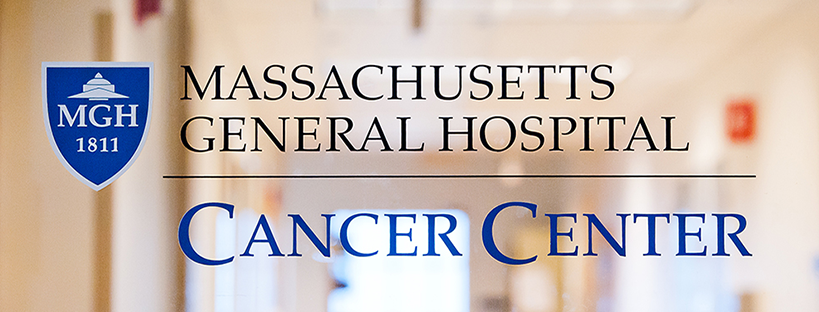A new Alliance to Advance Patient-Centered Cancer Care Webinar
Our society can place white culture, ideas, thoughts, beliefs, and actions above others. A series of tragic events have brought this critical issue back into the public consciousness. Health care professionals, like many others, are striving to bring about lasting change. Naturally focused on helping others, clinical care teams all over the country have been explicitly working on becoming better allies to their vulnerable and underserved patients. Despite their best efforts, many are still manifesting what the experts refer to as implicit bias, or prejudicial and racist thoughts embedded into an individual’s mind on a subconscious, perhaps hidden level. These automatic judgments can significantly affect the way minority patients experience the health care system, from spending less time with physicians than their white counterparts to feeling less involved in decision-making regarding treatment.
Continue reading →









